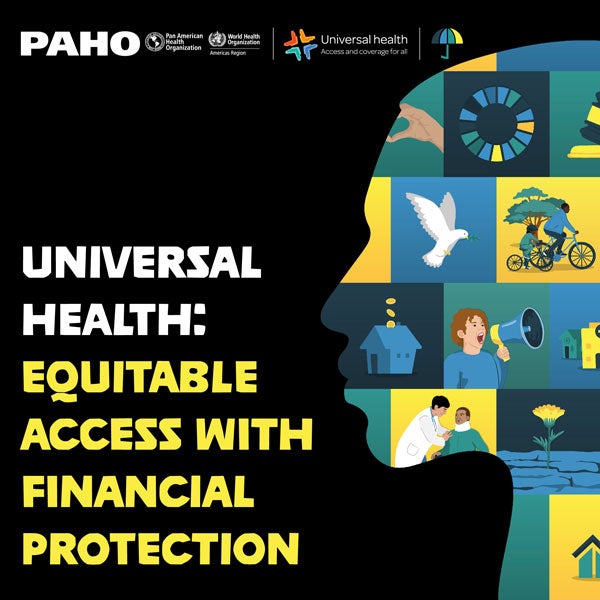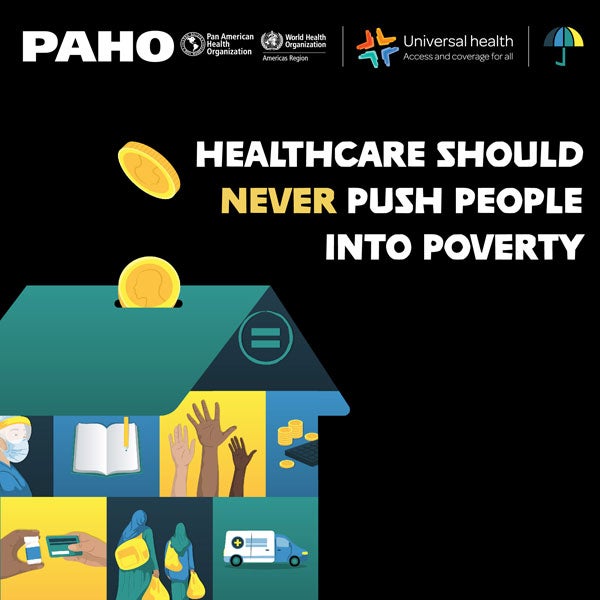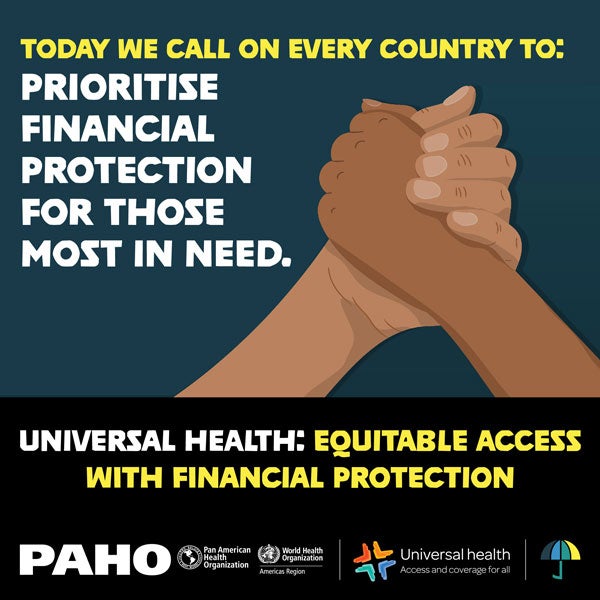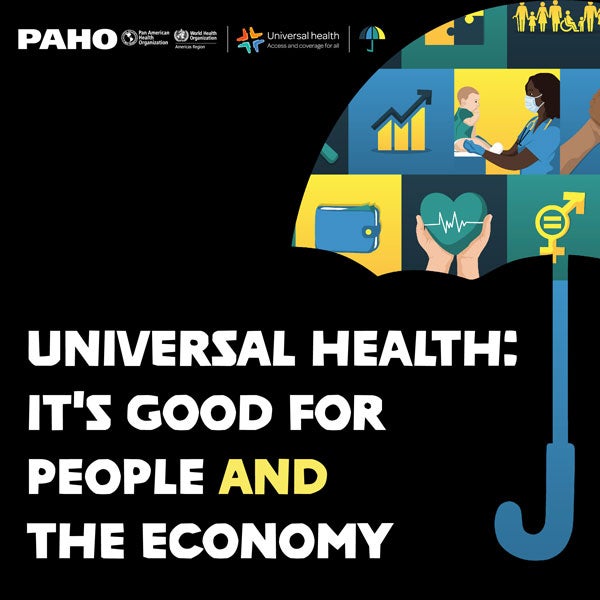Universal Health: Equitable Access with Financial Protection
12 December
Investing to achieve universal health enhances equity and social cohesion, while also benefiting the national economy by improving health and well-being, increasing workforce participation and productivity, and strengthening the resilience of individuals, families, and communities.
In 2015, the governments of all countries adopted the Sustainable Development Agenda and committed to promoting policies and practices that ensure all people have access to quality health services, are financially protected from catastrophic expenses, and promote comprehensive well-being throughout all stages of life. These commitments were reaffirmed in the political declarations adopted during the High-Level Meetings on Universal Health Coverage in 2019 and 2023. However, 4.5 billion people still lack access to essential health services.
Over the past 20 years, financial protection has worsened, with 2 billion people experiencing financial hardship and 1.3 billion people pushed into poverty due to health expenses.
In the Americas region, one in three people continues to face barriers that make accessing health services difficult. These barriers include high treatment costs, lack of insurance, transportation difficulties, lack of time to seek care, long waiting times, and in some cases, poor care experiences.
One of the main barriers to accessing health services is high out-of-pocket spending—what families must pay directly for medical services, medications, and treatments—which remains a significant economic burden. In extreme situations, this can lead to greater vulnerability and even poverty. It is estimated that this problem affects 133 million people in our region each year, compromising their well-being and economy.
On this Universal Health Day (globally known as Universal Health Coverage Day), we call on governments to invest more and better in health, and ensure the population's financial protection, so that everyone has access to health services, leaving no one behind. This is crucial to strengthening primary health care, which is key to solving health problems close to communities, reducing catastrophic spending, and advancing towards universal health.













